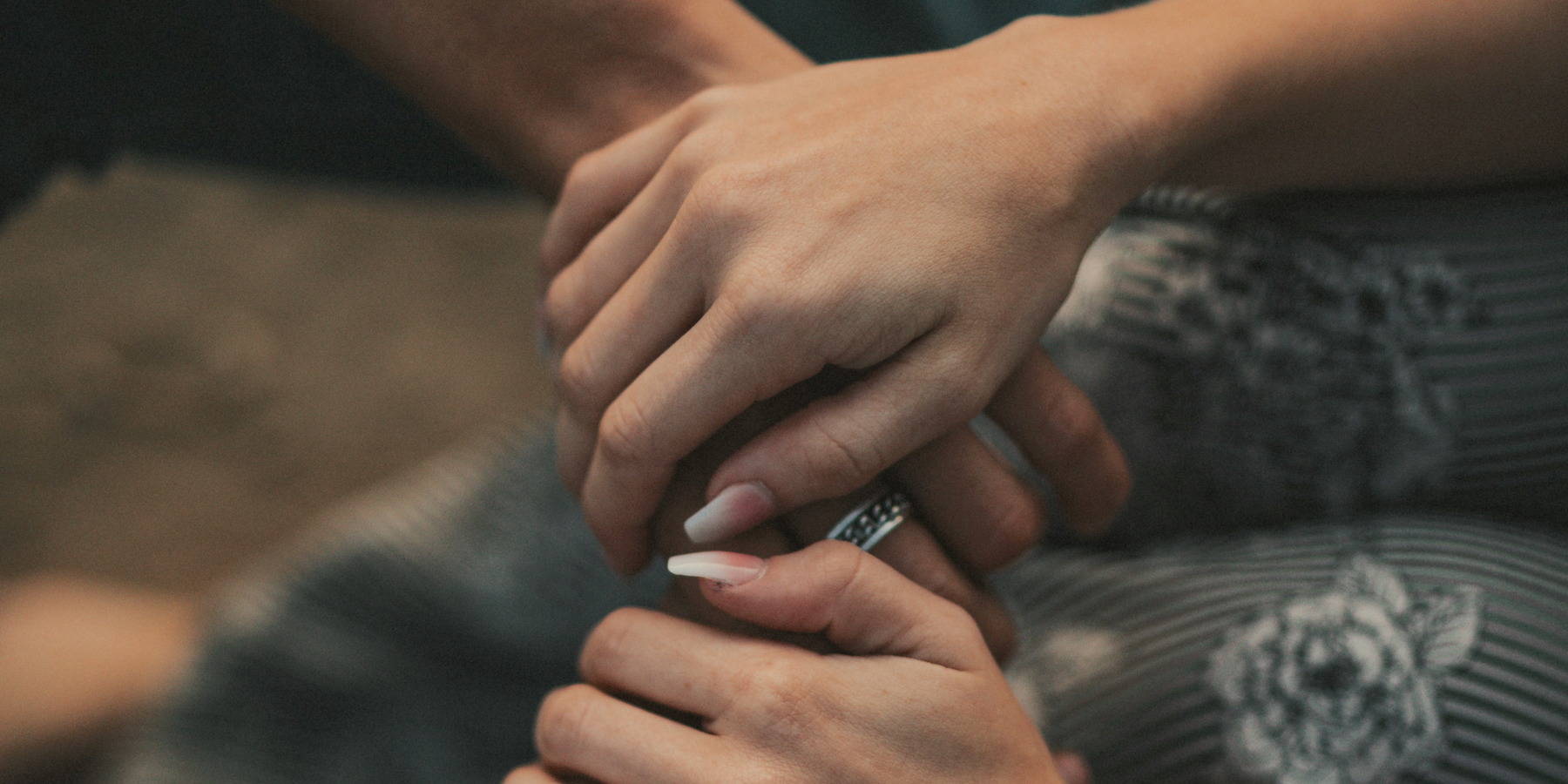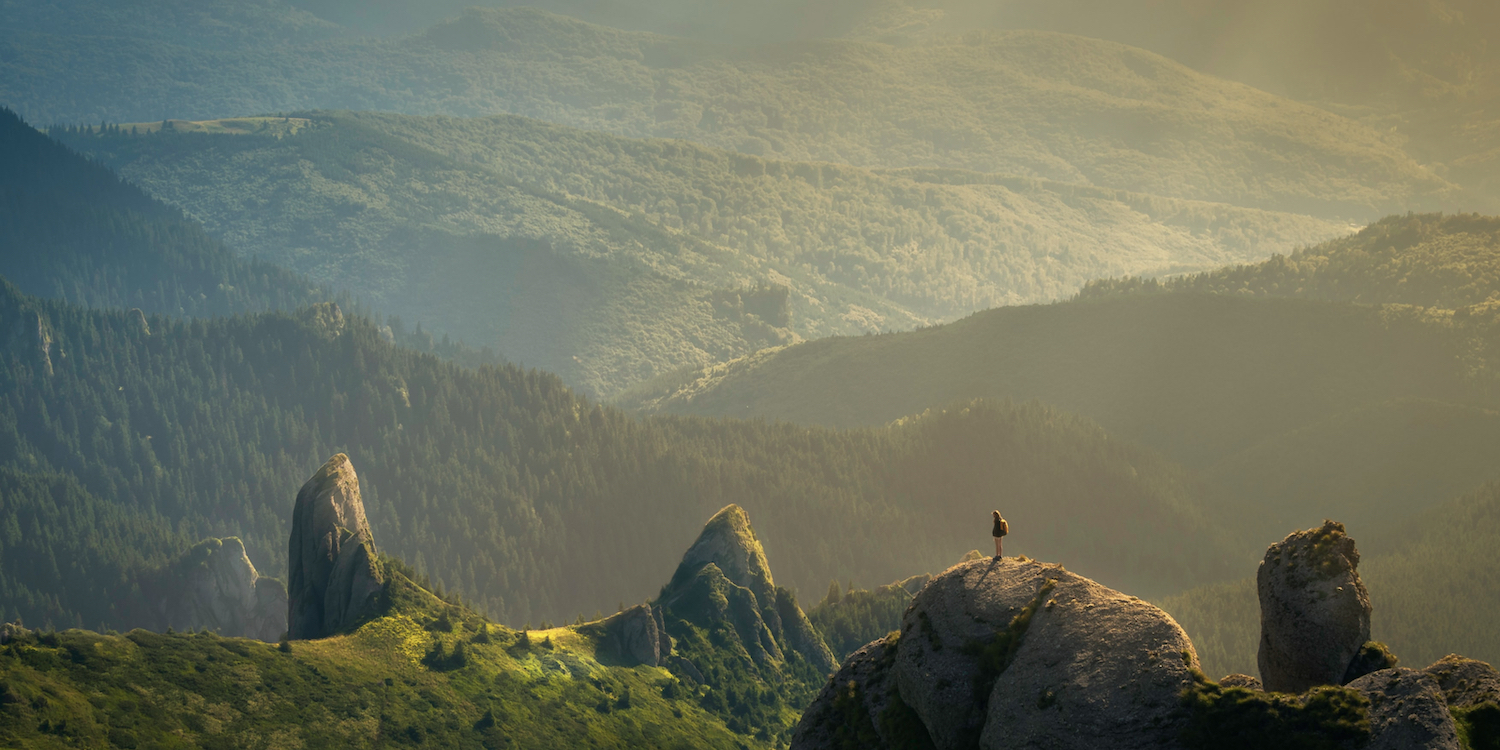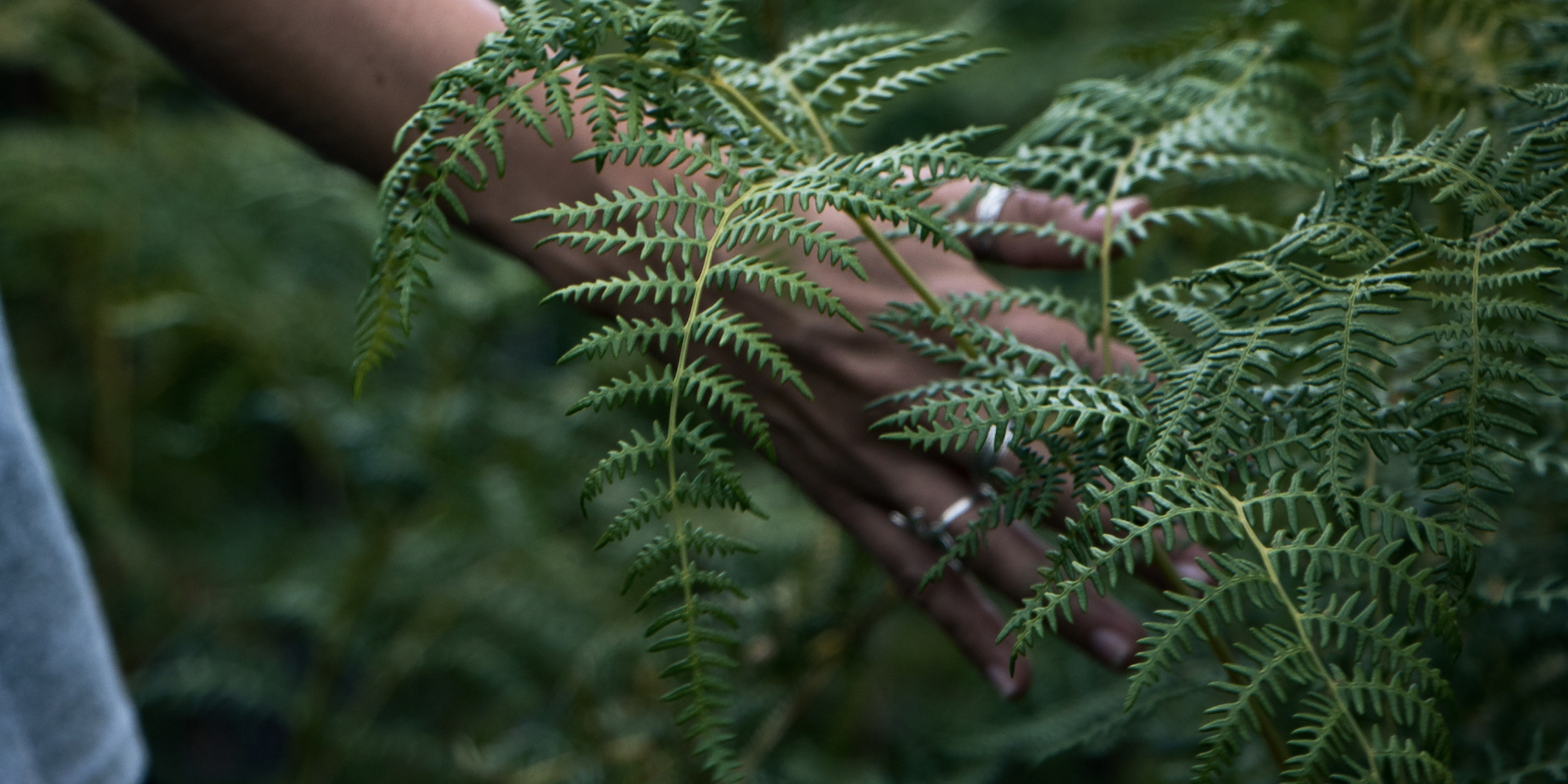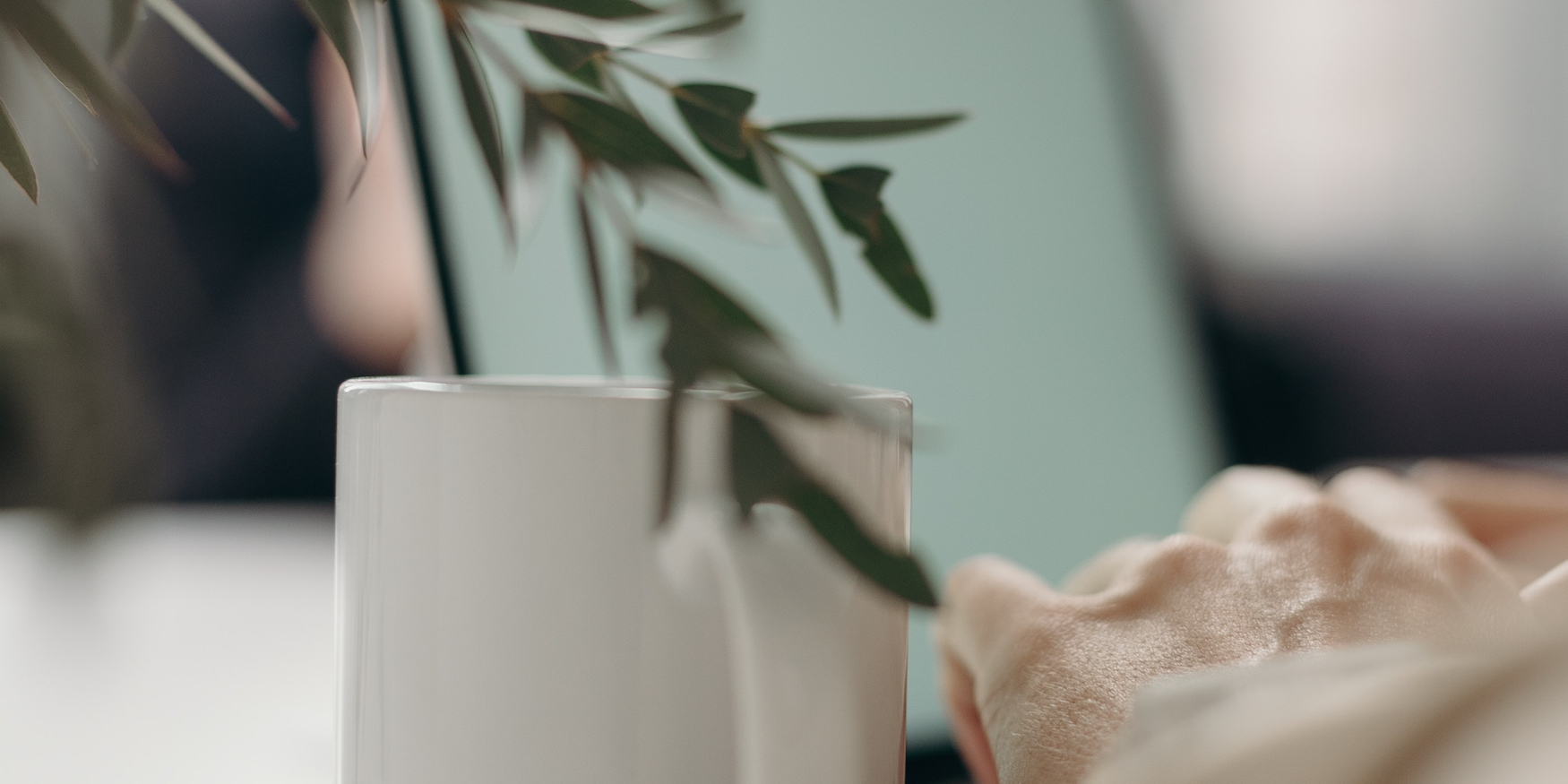Manoj Dias talks about how to reframe our experience in this time of isolation and social distancing towards fearlessness and connection. At the end of this article, Manoj will guide through a Metta Bhavana meditation which will let you embody the thoughts shared here.
You rather listen than read? You can listen to the full talk below:
- Friendship In The Age Of Isolation Manoj Dias
About Our Need To Belong
Today’s discussion is about something that I’m trying to work through myself, which is this idea of friendship in the age of isolation.
I’m someone that loves to be around people. I get a lot of energy when I’m around people. And I don’t know about you, but when COVID struck, the first two weeks when — here in Australia, we were told that we were locking down and we had to stay indoors — first, I was really excited.
“Yes, I’m going to finish my book. I’m going to work out every day. I’m going to watch Tiger King every day. This will be really productive!” Then, within two to three weeks, it started to feel really odd. I was at home all day. I had no routine, hardly changed out of my pyjamas. And I started to notice this feeling of loss
At first for me, it was this feeling of not seeing my family as often as I wish I could, then not seeing my friends, and then just not seeing people walking in the street.
It brought me back to the core essential need we have as humans to feel like we belong, to feel like we’re connected to something or someone. It’s in our DNA to actually have this desire, to want to be a part of something, want to be around people. So, a lot of the feelings that I started to experience afterwards — the sense of loss, the sense of grief, this sense of anxiety — we can put it down to this sense of disconnection that many of us, including me feel.
Read more: Learn about the effects isolation and quarantine have on our brains and how to cope with this type of anxiety.
How To Cultivate Friendship In Isolation
How do we cultivate friendship when physically we’re not around people? We don’t get to see our friends as much, and we don’t get to do the activities that we love to do. How can we as humans really cultivate this quality of friendship, which is so vital to our wellbeing?
I wanted to share with you a story. It’s one of my favorite stories of all time and it really highlights the power of warmth, tenderness and above all friendship. It’s a story in the Buddhist tradition, the story of the Metta Sutta. Some of you meditators might already know this story, but I wanted to share it with you for those that haven’t heard it before.
The Story Of The Metta Sutta
Some 2,500 years ago, in the time of the Buddha, there were 500 monks that were sent by the Buddha to go on retreat. They call it the rains retreat as it’s usually during the monsoon season. Whenever the monsoon season comes, the monks would be sent off to a particular part of the forest in the mountains to meditate with a particular practice and not come back until they had insight, until they had vipassana or wisdom.
These 500 monks were sent away to one particular part of the forest and back then there was the belief in devas. Devas, we could refer to them as spirits, ghosts or energies that lived in the trees and in the forest. These trees were initially very welcoming of the 500 monks as they came, they were meditating, they didn’t seem to disturb the energy of the forest or nature. But over time, every day they realized that these monks weren’t going away. So, they hatched a plan to get rid of them.
In the evening they decided to make some ghoulish sounds. They decided to let off some really bad smells and to really scare these monks into leaving. Sure enough the monks weren’t able to sleep at night. Their meditation was disturbed, and they became distracted, agitated, anxious and stressed. Like what many of us are feeling right now.
The monks decided that they would leave. They decided that they had enough and were going back to the Buddha to ask him to send them somewhere else, so they could continue that practice. And they went back and they said to the Buddha, “Buddha, we can’t go to that particular part of the forest. Can you send us somewhere else? There’s ghosts, odd sounds and things that scare us.” And the Buddha sat there and he thought for a little while about the words of these monks. And then he had a moment of insight and clarity and he said to them, “You’re right. I sent you into the forest, into this pitch black, dark forest without a weapon. I’m going to give you a weapon. I’m going to give you a weapon that you can defend yourself with no matter what.” And the monks were stunned. “ A weapon?”
The Buddha sat all 500 of the monks down and he gave the discourse of what’s called the Metta Sutta. The Metta. It’s sometimes translated as the teachings of love or teachings on loving-kindness. Essentially, what it boils down to is, it is a teaching on friendship.
So, after these teachings were imparted to the 500 monks, they returned to the forest, and they practiced cultivating friendship towards everything that was in their lives. This included the spirits that were scaring them and themselves. All of them were feeling anxious and scared. This included the people that they love. This included teachers that had helped them along the way. This included people like their neighbours and friends. Through the quality of this kindness and friendship that they cultivated towards the devas, the devas allowed them to stay. As are the stories back then, these monks eventually became enlightened and the rest is history.
Explore thousands of free guided Buddhist meditations and talks from teachers worldwide on Insight Timer.
Finding Our Inner Compassionate Resource & Befriending Ourself
I sometimes think about this story in relation to what I can learn and perhaps what we can learn at this particular time in our world.
For me, that the story teaches me that when I’m scared, I can find this inner resource which is kind, which is compassionate, that also has the capacity to think about other people. What tends to happen when we get scared and frightened is we become insular. We start to think about ourself. We get selfish, we get frightened, we want to defend ourselves, which is normal because of what we’re going through. But we also disconnect in this way.
But it’s a really powerful quality within the midst of our fear and anxiety and stress, if we can find this inner resource of befriending our fear.
I don’t know about you, but one thing that happened to me is the moment everything went into lock-down, I switched on into doing. “Okay, this is good. I need to do this and do that. I need to go to the gym, I need to run. I need to do push ups. I need to do this, this, this, this, this.” And these responses are often fear responses. When we’re scared, when we’re frightened, sometimes it’s easier for us to go into the “doing mode” and say to ourselves “I’m going to get busy in order for us to not feel what i’m feeling today.”
So, friendship here is really important. It’s putting a metaphorical hand on our heart and saying, “I’m scared. It’s okay. I’m anxious and it’s okay. I’m lonely and it’s okay.”
We create this friendship with the experience that we’re having. We don’t just focus on everything good and nothing bad. We actually embody our own entire human experience and offer friendship amidst the fear. Once we cultivate this for ourself, we can then begin to share it with others. And the way we do it in this particular meditation practice, is we bring to mind other people and offer warmth and tenderness to them.
Traditionally, it started with ourself, then someone that has taught us something, then someone that we love, and someone that we like but maybe don’t love, someone that’s a neutral person. And then we move to someone that has been difficult in our life, someone that has challenged us. And eventually we move to all beings, people that we can’t even see, people like the whole planet.
It’s a practice. And it can sometimes be a challenging practice because for many of us, this quality of being kindness and warmth tends to be exclusive to the people that we like, or the people that we love. It can sometimes be very difficult for us to even cultivate this quality of friendship with people that have been difficult in our life. People that have upset us or those we can’t even picture.
Read more: Some incredible women also shared how to face fear with compassionate power from within. Read the insightful articles by author Elizabeth Gilbert, psychologist and mindfulness expert Tara Brach and Peacebeam founder Jane Murray.
Guided Metta Bhavana Meditation For Cultivating Friendship
We’re going to practice Metta Bhavana, which is the meditation that the Buddha taught 2600 years ago.
This practice is a potent one, not because we have a few minutes to practice together but because over time we can use these reflections to cultivate friendship for all beings. The people that are hoarding toilet paper, and the people that are just scared, all beings. I think about the people that are collecting our rubbish, and the people that are out there working whilst many of us are at home.
It’s a powerful practice to feel connected even when many of us at the moment might feel very disconnected. It’s a reminder that there is a thread that unites us, and it’s this wish to be happy, and it’s this wish to not suffer.
- Metta Bhavana - Guided Meditation Manoj Dias 30:11
Explore hundreds of free guided loving-kindness meditations (or metta meditations) on Insight Timer.







